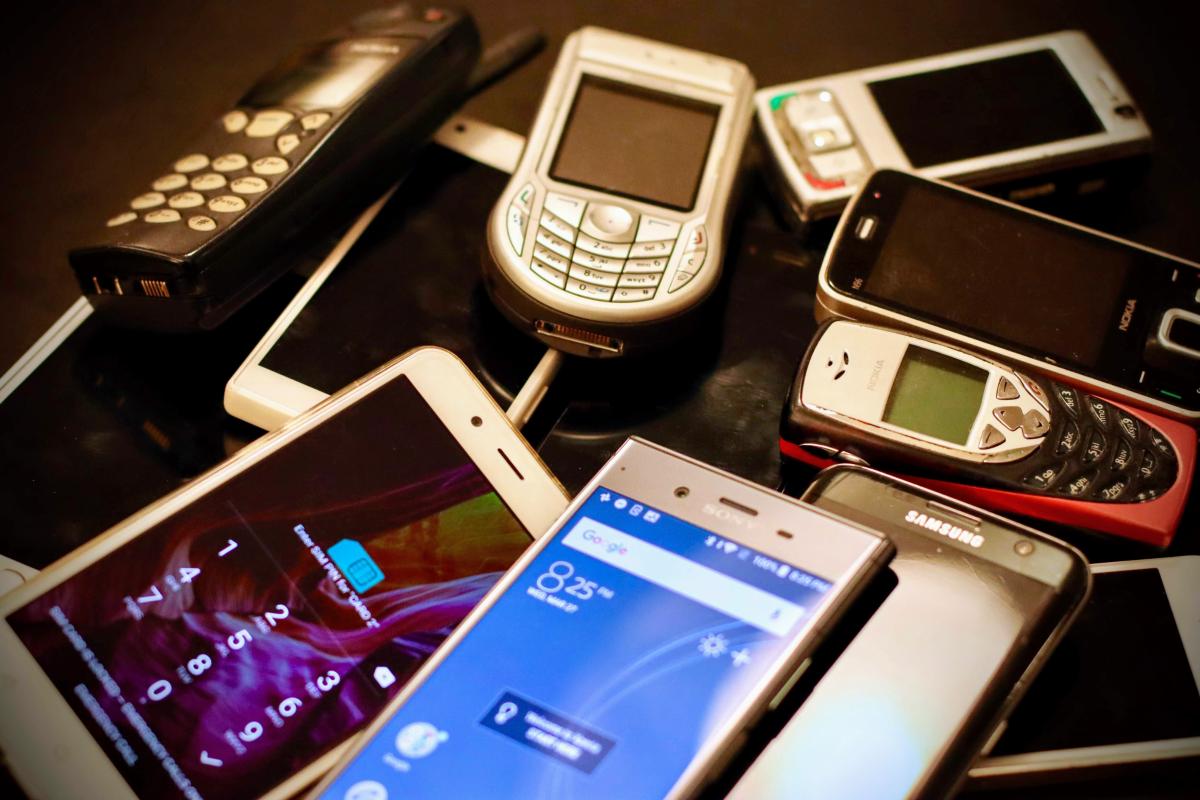As the planet’s fastest-growing mobile market, with 700 million SIM cards registered, Africa has a lot to teach the world about mobile marketing.
In Africa, a continent hampered by poor infrastructure, mobile phones have provided the perfect answer. Cheap and easy to carry, they have become a literal life-saver for rural people and a point around which urban life revolves.
From everyday communication to banking, medical services, and even selling agricultural products, the mobile provides an infrastructure that has been a key enabler of Africa’s strong GDP growth for the past decade. And for most Africans, mobile phones are the first – and often only – place that they will experience the internet.
So while it is the second-largest mobile phone market in the world (after Asia, for obvious demographic reasons), Africa continues to be the fastest-growing mobile market. There are more than 700 million SIM cards registered on a continent of one billion people (although mobile users have an average of 1.82 SIM cards).
The penetration of mobile phones far outstrips fixed line usage, with countries such as Cote d’Ivoire having a mobile penetration of 95% but less than 1% fixed-line penetration. Even South Africa, the continent’s powerhouse, has a mobile penetration of over 100% against a fixed line penetration of less than 10%. As such, while the developed world talks excitedly of communication moving to a ‘mobile first’ future, Africa is already primarily a ‘mobile only’ market.
The primary way for brands to interact with African consumers, then, is through their mobiles, and Africa has taken a leadership role here. Mobile marketing has been the global topic du jour among planners for a few years, with every year being touted as the ‘breakout year’ for mobile. So how has this developed in Africa, and what lessons can be learned from the African mobile explosion?
I called on Nic Haralambous for some additional perspective. Nic was, until recently, chief executive of Motribe, described by Fortune as one of the top 20 tech startups in Africa and recently sold to MXit, a South African mobile social platform with around 45 million users.
Here are some of the mobile marketing lessons that Africa can teach the world
- Don't fall into the ‘smartphone only’ trap
Your agency may be pushing you to develop ‘sexy’ smartphone apps, but consider these statistics. Globally, less than 30% of the mobiles in operation are smartphones. In Europe and North America, feature phones count for just under 50% of mobile phones, but in the developing world that figure climbs to 80%. For reach and results, you cannot ignore feature phones. Think about the user value exchange before you think about creative or format. Mobile users are generally making calls, texting or on social media, rather than surfing the web and being interrupted by banners. Brands must be relevant and reward customers for their engagement. - Learn from tech companies in the mobile space, not necessarily from agencies
Despite all the evidence, agencies have generally been slow to guide clients to mobile marketing, and the shortcut for brands is to partner with mobile tech companies in the space, who frequently offer more innovative and complete solutions. - Originate for mobile, don’t reinvent the web
Don’t treat mobile like a smaller version of the web. Content-rich environments and a reliance on search are not going to deliver results, so focus on the user experience and user value above all else. - Build user-led brand communities
Mobile is community-orientated by definition and building brand communities is a point of departure for brands wanting to enter a mobile space. It’s important to identify influencers and brand advocates early and to involve them in brand communications from the outset. - Remember that you’re in an ‘always on’ environment
Mobile is not a nine-to-five interaction space and consumers use their mobile phones very differently from computers. In fact, urban African teenagers check their phones about 80 times a day, and they aren’t limited to office hours, so your community management can’t be either. The timing of when you disseminate information is critical, and it often varies across different mobile platforms and in different regions. Mobile marketing and community management need different levels of resources from traditional digital and social media campaigns.
So while Africa is usually the region taking lessons from the developed world, there is plenty that the continent can teach the rest of the world about mobile. And as smartphone penetration develops, it will remain interesting to see whether Africa can maintain its high level of innovation in mobile technology and mobile marketing.
Jonty Fisher is managing director of Cape Town based creative marketing agency Bletchley Park [email protected]. This article was taken from the March issue of Market Leader. Browse the archive here.
